Tight, Symmetrical Growth Habit Without Pruning
Why Cleveland Pear Trees?
The Cleveland Pear is a perfectly uniform tree, growing in a tight, symmetrical shape without the need for pruning. It grows naturally in a clean oval, making it ideal as a featured front yard tree or borders along roads and driveways.
But no matter where you plant, you'll witness a long-lasting explosion of pure white flowers each spring. And Cleveland Pears are a great improvement over Bradford Pears and Aristocrat Pears, since you get their perfect, symmetrical shape in a much hardier, stronger tree. Plus, the Cleveland Pear has a pleasant aroma…unlike the Bradford, which is famous for its unpleasant scent.
The Cleveland Pear resists damage from extreme snow, ice and wind, and pests, so there’s virtually no maintenance. And its narrow, pyramidal shape makes it well-suited to even the tightest garden spaces. But despite its more manageable size, you still get a gorgeous blanket of blooms and glossy green leaves that transition to striking orange-red in fall.
Why Fast-Growing-Trees.com is Better
First, you won’t find a healthier, better-developed Cleveland Pear. We’ve planted, grown and shipped your Cleveland with meticulous care, and now, you get a hassle-free tree that’s ready to thrive.
We’ve put in the hard work at our nursery so that you can get color and explosive blooms as soon as the first spring…especially when you buy our larger Cleveland Pears. Your Cleveland Pear arrives at your door with better-developed, fuller branching, and a robust, healthy root system.
If you’re looking for flowering pear, the Cleveland Pear is the top variety available. Don’t wait – get your Cleveland Pear today!
Planting & Care
1. Planting: Cleveland Pears like full sun (6 to 8 hours of sunlight) to thrive and once established after the first growing season, they're drought tolerant and need little attention.
Dig your hole and make it twice as wide as the diameter and as deep as the depth of the root ball. Place your tree, fill in the soil, and water to settle the roots. Mulch the surrounding soil to preserve moisture.
2. Watering: In the spring and summer, water your tree at least once a week with 5 gallons of water. If the leaves feel brittle or start turning brown around the edges, increase to watering twice a week.
In the winter, a good watering once a month is sufficient. However, if your tree was struggling during the summer season or is young (less than four years old) you can water it every two weeks.
3. Fertilizing: Fertilize in the fall when the tree starts to go dormant, about six weeks prior to the first frost of the season. You can use a general-purpose, balanced fertilizer such as 10-10-10 or similar.
4. Pruning: The best time to prune is in the fall season. Remove any low branching that grows up from the base of the tree, as well as any dead or damaged branches.

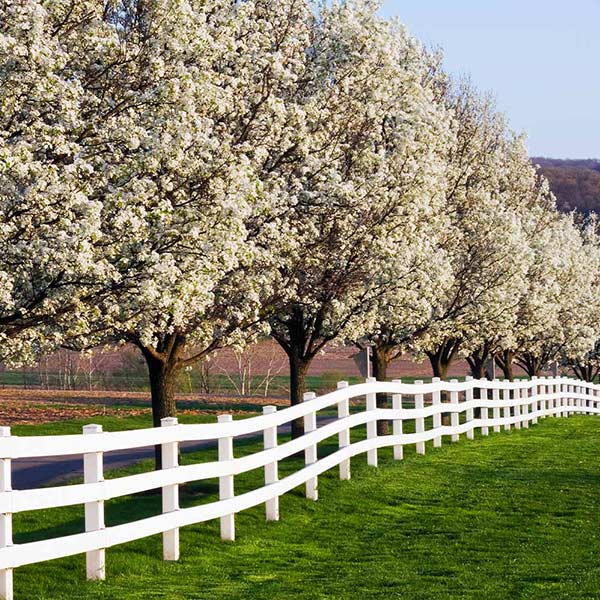
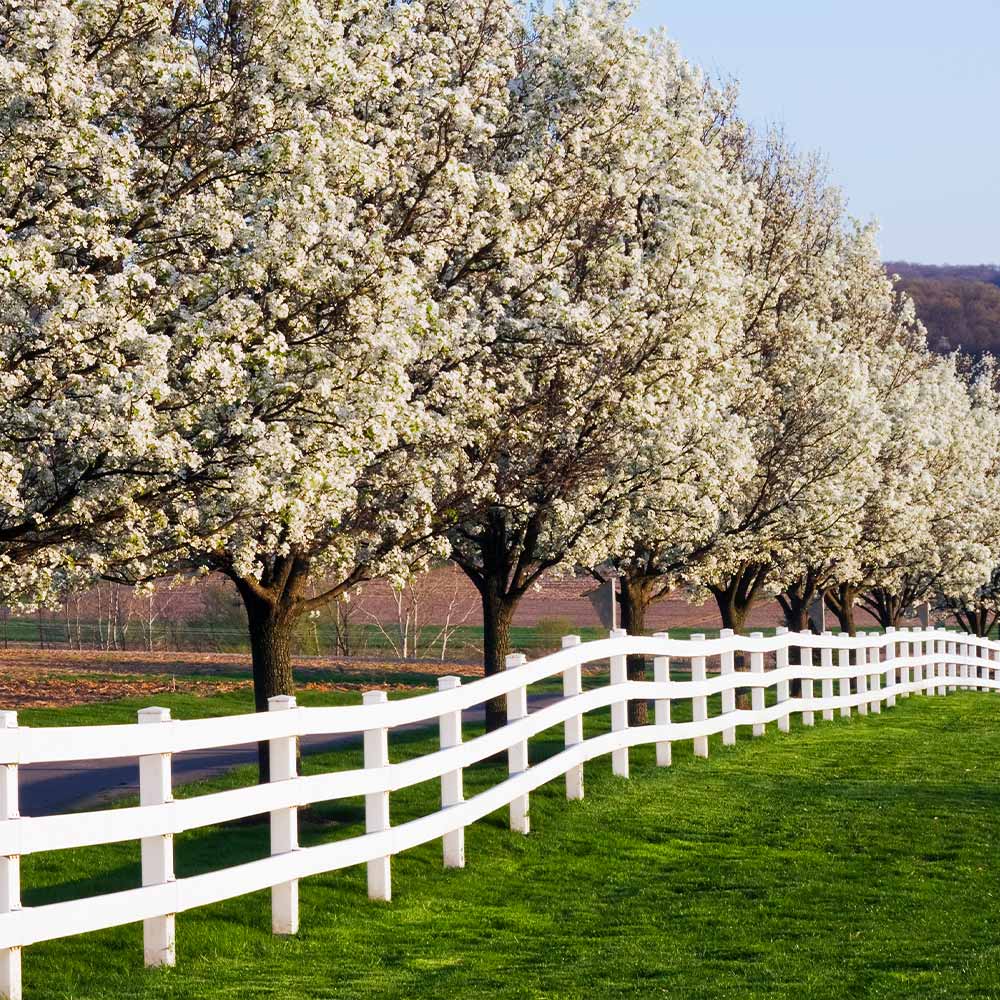
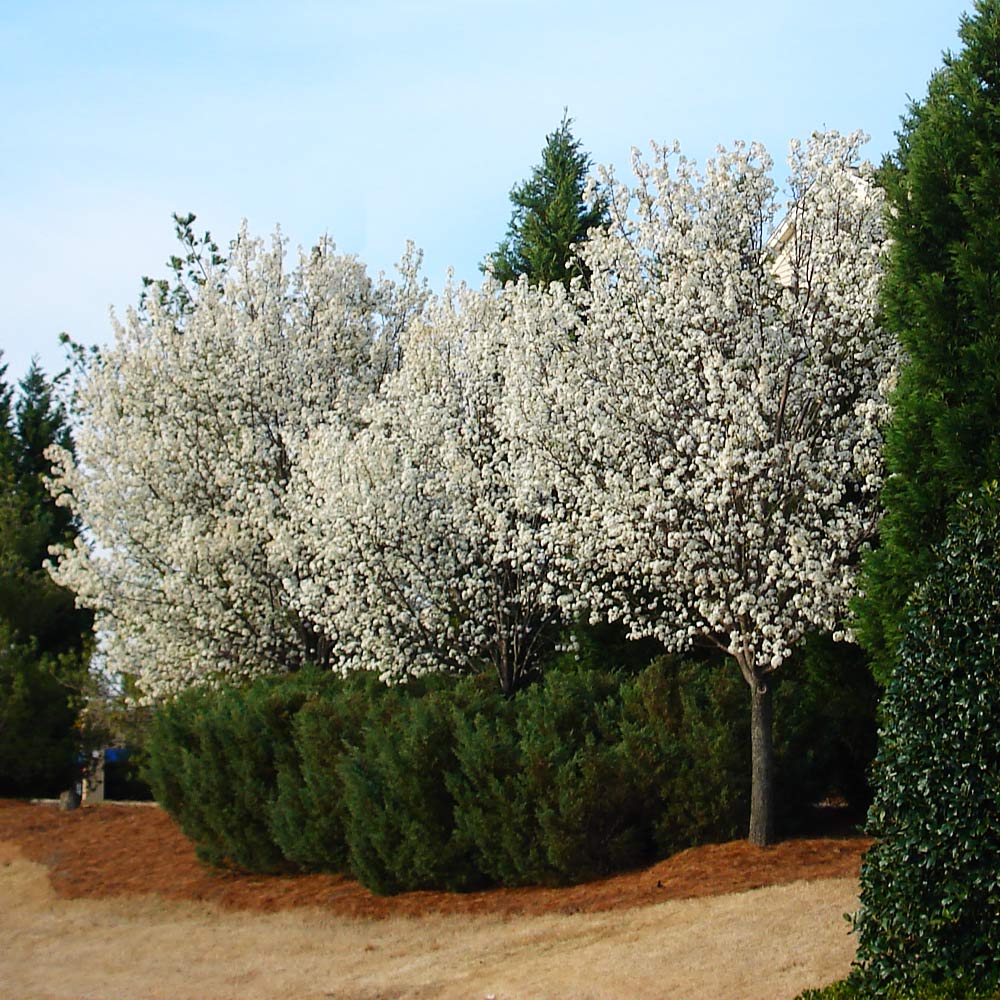
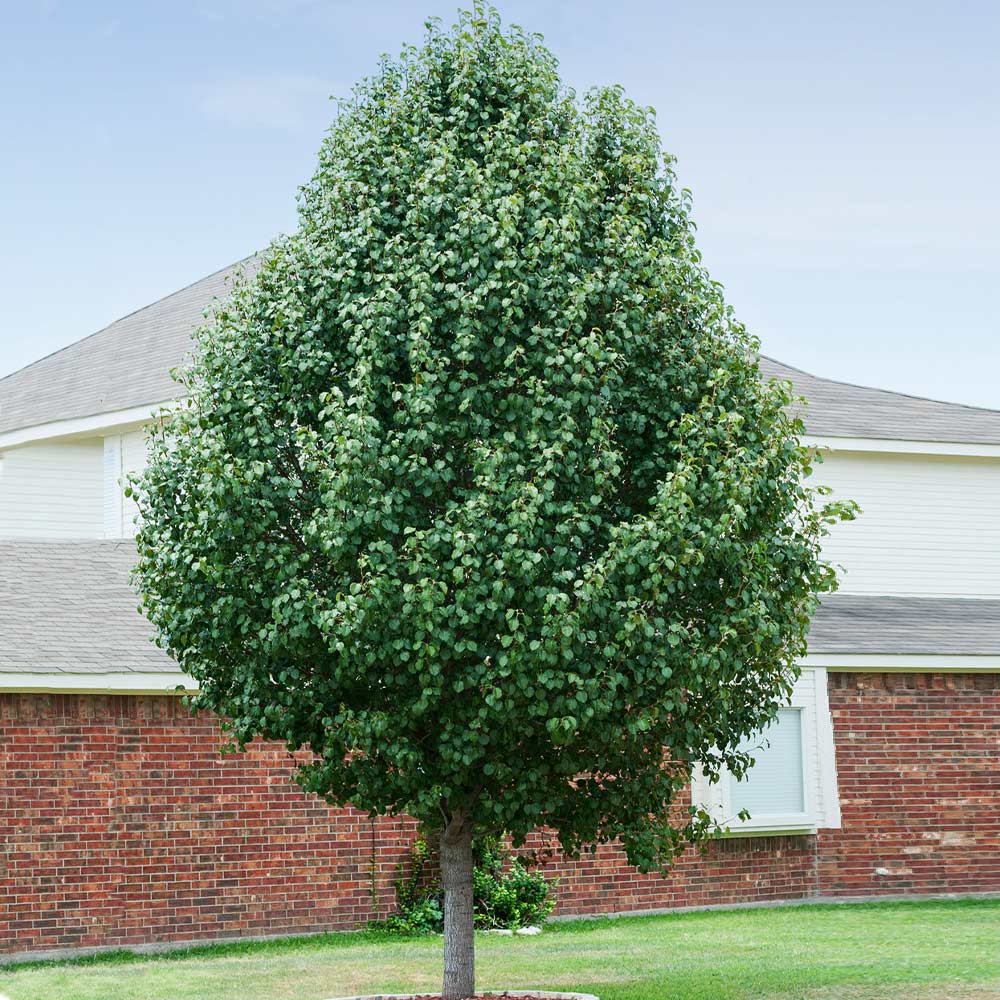
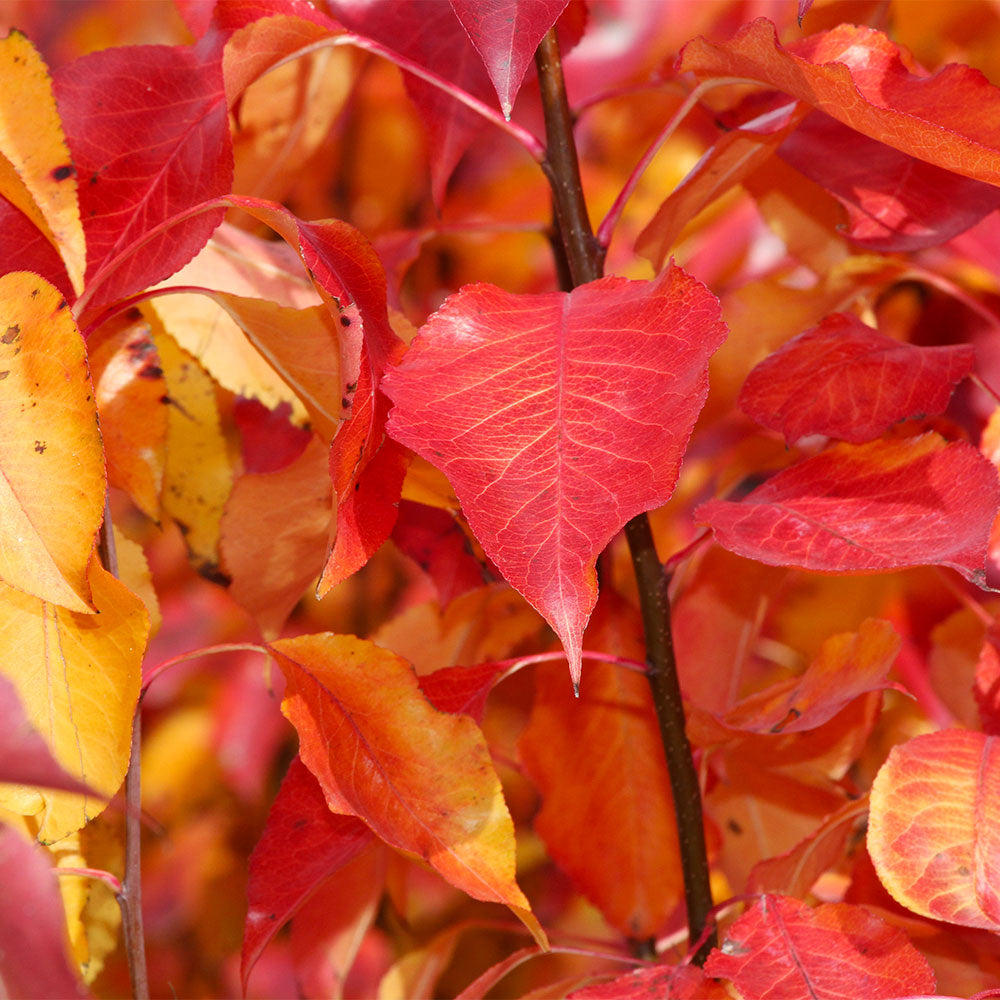
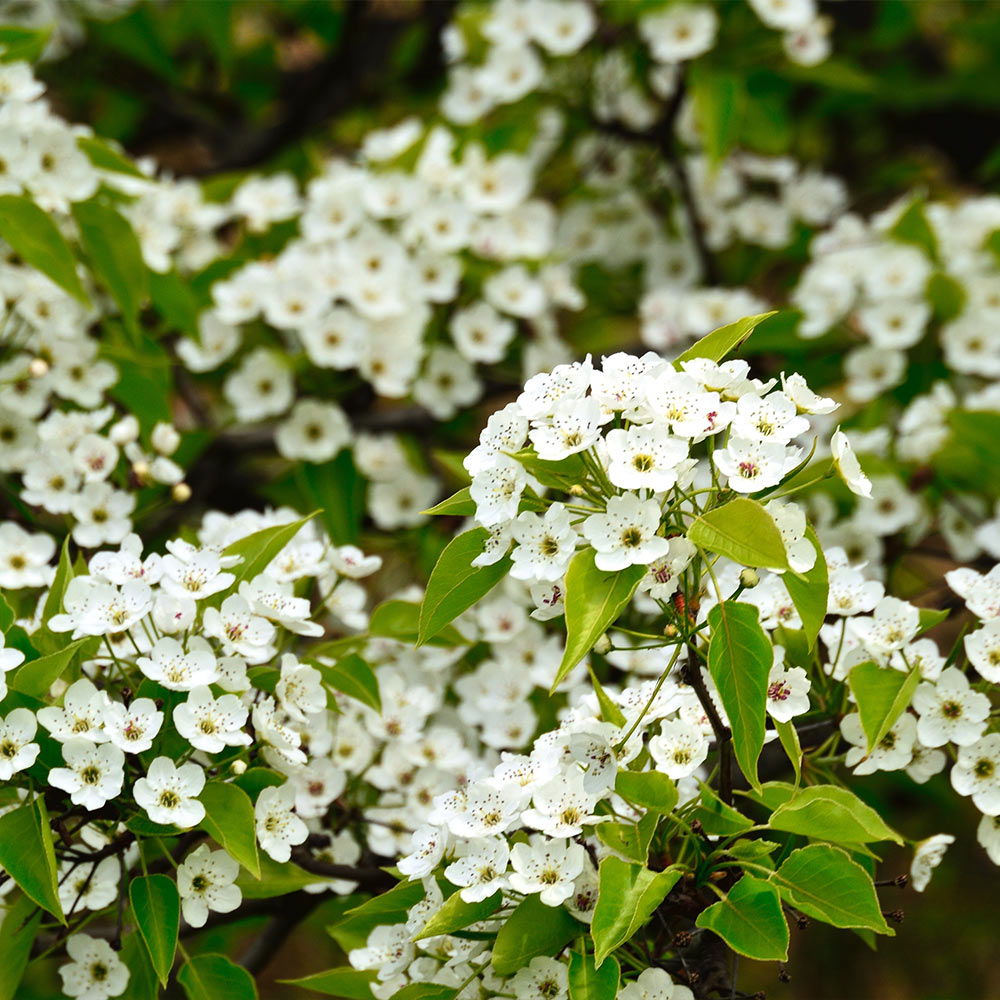

Comment